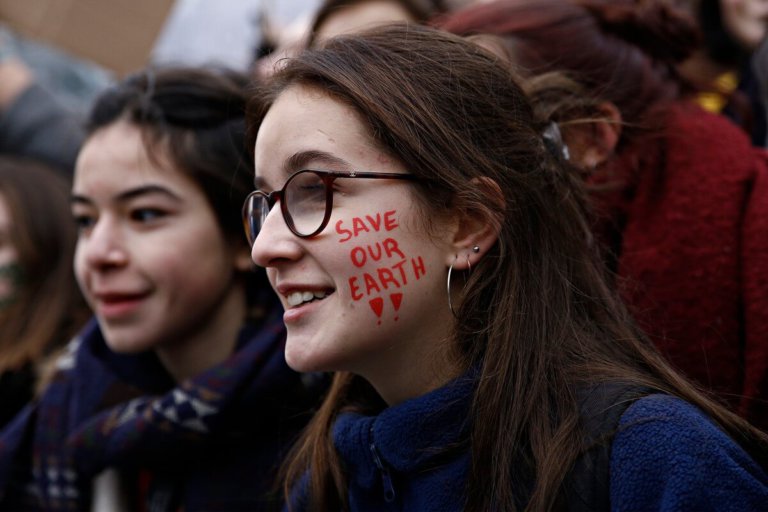
The Russell Group universities have pledged to tackle climate change through research, teaching and more sustainable practices. In a joint statement released on Tuesday (Dec 9, 2019), they said the “global environmental and ecosystem challenges are urgent and real”.
The Russell Group represents 24 leading UK universities, including the renowned University of Oxford and Cambridge.
They acknowledged that their research and international collaborations “incur an inevitable carbon cost”, but that this work adds significant value and that they endeavour to work with businesses, governments, students and wider societies to turn their breakthroughs and discoveries into real-world solutions, without delay.
As part of their commitment, they plan to reduce their carbon emissions and improve the energy efficiency of their buildings.
Meanwhile, through the new Environmental Sustainability Network, Russell Group universities are learning from each other and boosting efforts to cut waste, increase recycling, promote vegetarian and vegan options on campus and embed sustainability into their procurement practices to use their combined spending power effectively.
“We don’t claim to be perfect: we know there is more that each of us can do and, as individual institutions and in collaboration with a range of partners, we are seeking to overcome the different hurdles we face. But we are committed to this agenda and we will stay the course,” they said.
Rising demand for climate change education?
Today, the Russell Group published its joint statement on environmental sustainability, setting out its commitment, across its 24 leading universities, to tackle climate change. Read it in full: https://t.co/afQ8dyWGIs pic.twitter.com/rQXpNXSX1M
— Russell Group (@RussellGroup) December 9, 2019
Joanna Burton, policy manager, Russell Group, said all universities know there is demand from students to learn more about climate and environmental issues through their studies.
She added that all 24 of their universities have worked with their students to ensure every single one has access to a range of opportunities to learn about sustainability, for example, through student-led societies, Green Impact projects and volunteering opportunities.
“Researchers at Russell Group universities are already leading the way on a range of issues to understand and mitigate the impact of a changing environment and reduce our global carbon footprint. This includes food security, flood prevention, clean energy, materials science, and air pollution,” she said.
“Behavioural and social scientists are also critical in helping us understand how societies can adapt to these changes.”
Should universities play a role in the fight against climate change?

Should more universities step up their efforts to curb climate change? Source: Shutterstock
Last year, in an op-ed in The Washington Post, University of California President Janet Napolitano and State University of New York Chancellor Kristina Johnson said colleges and universities must lead efforts to slow climate change.
They add that universities have unique resources, energy and expertise to help stem the damage inflicted from the climate crisis, in addition to “educating the next generation to wean the world off fossil fuels”.
While universities may not be the panacea to ending the climate crisis, the higher education sector have come under increasing pressure to play a role.
For instance, in the US, medical schools have faced pressure from doctors, health organisations and students to include climate change in medical education. The movement is said to be showing signs of impact, with some universities adding content and tweaking existing classes to incorporate climate-related topics.
Liked this? Then you’ll love…
Could universities be doing more to address climate change?
Is it time for medical schools to incorporate climate change education?







